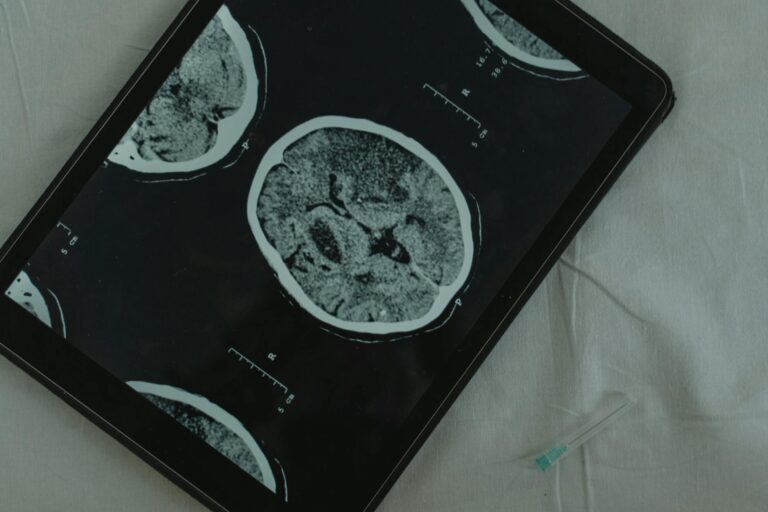Dementia is a debilitating disease that affects millions of people around the world. It causes a decline in cognitive function, memory loss, and difficulty with daily tasks. People with dementia often experience feelings of confusion, anxiety, and isolation, making it challenging for them to navigate their daily lives.
In recent years, there has been a growing interest in the use of pet therapy as a form of treatment for dementia patients. Pet therapy, also known as animal-assisted therapy, involves interactions between patients and trained animals to improve their physical, emotional, and social well-being. This non-invasive treatment has shown promising results in improving the quality of life for dementia patients. However, with the rise of technology and digital health records, there have been concerns about the security of sensitive patient information and the potential for data breaches. In this article, we will explore the benefits of pet therapy for dementia patients and address the issue of data breach in healthcare.
The Benefits of Pet Therapy for Dementia Patients
1. Reduces Agitation and Anxiety
One of the most significant challenges for dementia patients is managing their agitation and anxiety. Studies have shown that pet therapy can help reduce these symptoms by providing a calming and soothing effect on patients. The presence of animals has been found to decrease cortisol levels, the hormone associated with stress, and increase the production of oxytocin, known as the “love hormone.” This hormonal balance can help alleviate feelings of anxiety and agitation in dementia patients, making them feel more relaxed and at ease.
2. Promotes Physical Activity
Dementia patients often struggle with mobility due to muscle weakness and balance issues. Pet therapy encourages them to move around and engage in physical activities such as walking, grooming, or playing with their furry companions. These activities can improve their physical strength and coordination, leading to better overall health.
3. Stimulates Memory and Cognitive Function
Pet therapy has been found to have a positive impact on memory and cognitive function in dementia patients. The interactions with animals can trigger memories and emotions, promoting reminiscence and cognitive stimulation. This can help patients improve their memory, attention span, and ability to communicate.
4. Provides Social Interaction
Dementia patients often feel isolated and lonely as the disease progresses. Pet therapy provides them with a non-judgmental and unconditional source of companionship and social interaction. The presence of a pet can also encourage patients to engage in conversations and activities with others, improving their social skills and reducing feelings of loneliness.
5. Increases Overall Quality of Life
The combination of reduced agitation and anxiety, increased physical activity, improved memory and cognitive function, and social interaction ultimately leads to an overall improvement in the quality of life for dementia patients. Pet therapy provides them with a sense of purpose and joy, making them feel more fulfilled and content.
Data Breach in Healthcare
While pet therapy offers many benefits for dementia patients, the healthcare industry has been facing a significant threat in recent years – data breaches. With the increasing use of technology in healthcare, patient information is stored in electronic health records, making it easier for hackers to access sensitive data.
Data breaches in healthcare involve the unauthorized access of personal health information, which can include names, dates of birth, social security numbers, and medical histories. This information can be used for identity theft, insurance fraud, or other malicious purposes. Not only does this put patients at risk, but it can also lead to financial losses for healthcare organizations.
Preventive Measures and Solutions
To prevent data breaches in healthcare, strict security measures need to be in place. This includes implementing multi-factor authentication, conducting regular risk assessments, and providing staff with cybersecurity training. Furthermore, healthcare organizations should have contingency plans in case of a breach, such as regularly backing up data and having a response team in place.
Healthcare organizations can also look into secure cloud storage options that provide advanced encryption and security features. This can prevent hackers from accessing sensitive data and ensure that patient information remains confidential.
In conclusion, pet therapy has numerous benefits for dementia patients, including reducing agitation and anxiety, promoting physical activity, stimulating memory and cognitive function, providing social interaction, and increasing overall quality of life. However, as the healthcare industry faces the threat of data breaches, it is essential to implement strict security measures to protect patient information. By prioritizing patient privacy and implementing preventive measures, healthcare organizations can continue to provide effective and safe treatments such as pet therapy for dementia patients.





